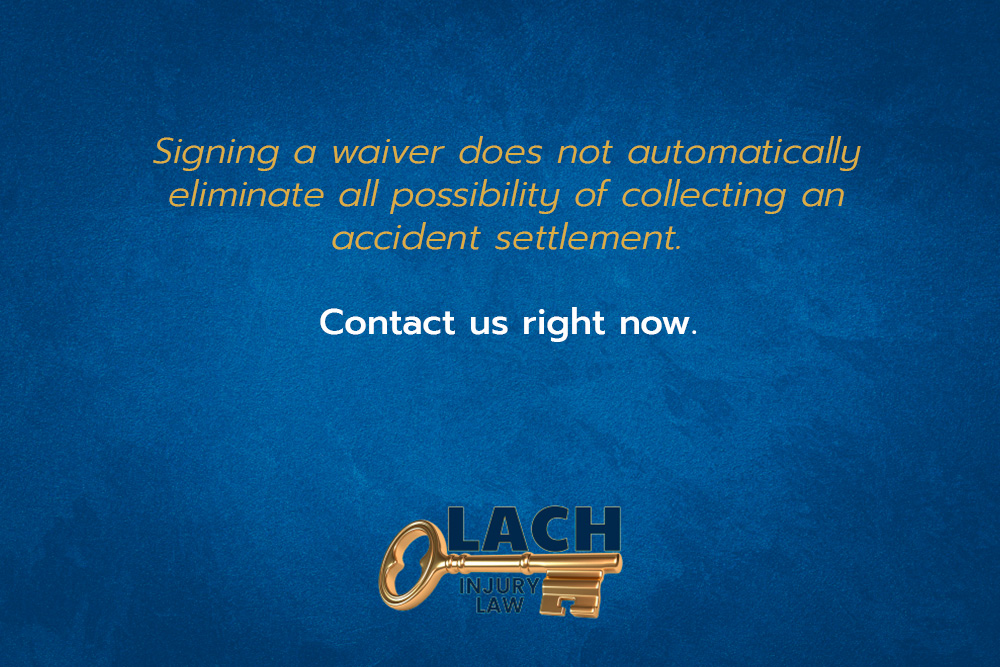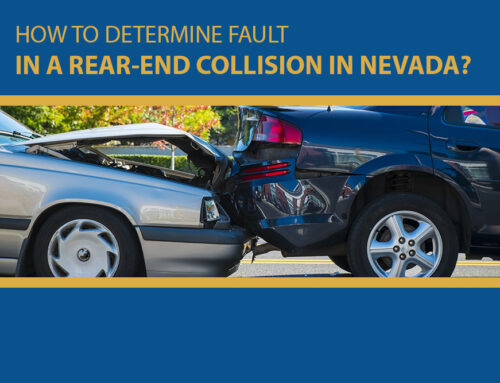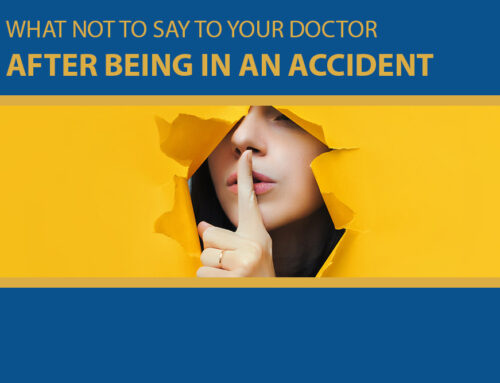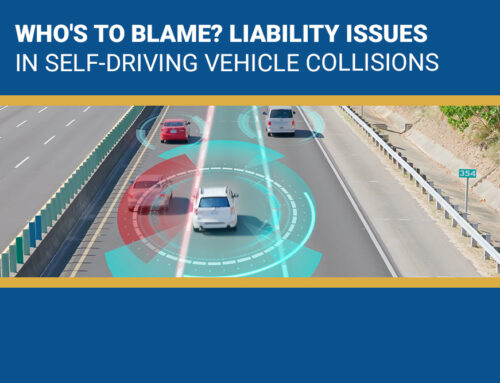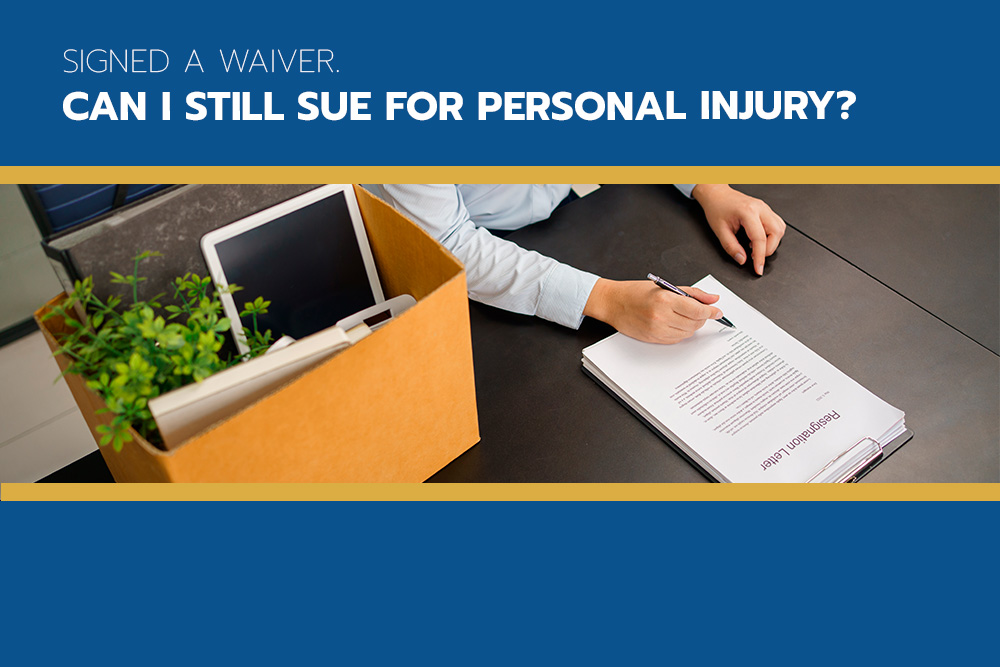
At some point, everyone is asked to sign a waiver that releases a business or other organization from accident liability. Waivers are commonly presented to people in medical situations and recreational activities. Signing a waiver means that you acknowledge and accept financial responsibility if an activity harms you. Although businesses use waivers to avoid paying for accident damages, these legal forms are not always bulletproof. Certain circumstances allow people to recover damages when something goes wrong, even if they signed a liability waiver. Due to the legal hurdles put in place by a waiver, you will need an injury lawyer to evaluate your ability to pursue compensation for an accident.
When Would a Waiver Not Stop a Lawsuit?
The content of the waiver and the context of the situation influence a waiver’s validity in an accident case.
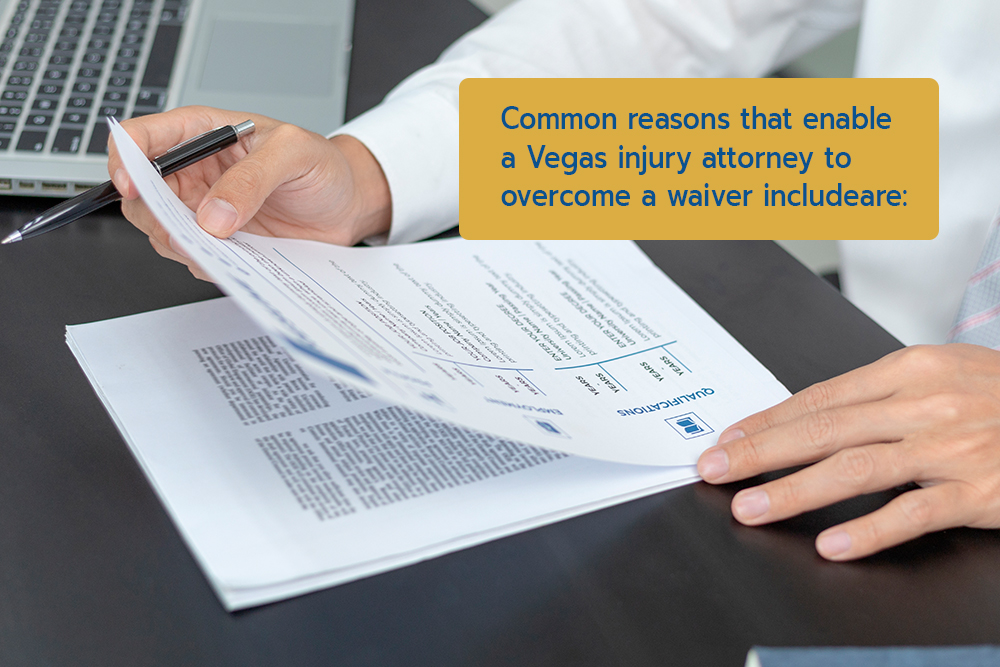
Common reasons that enable an injury attorney to overcome a waiver include:
- Unclear language
- Third-party not addressed by the waiver which caused your injuries
- Waiver was signed by a minor
- Gross negligence
Difference Between Ordinary Negligence and Gross Negligence
A waiver generally protects a company from paying for injuries that result from ordinary negligence. Negligence is “ordinary” when someone fails to act in a manner that a prudent person would consider reasonable in a given situation. Negligence occurred, but its nature was not excessive. Of course, personal injury attorneys often have to argue that specific actions were grossly negligent in the face of opposition that casts the situation as ordinary.
Gross negligence, also known as willful negligence, occurs when someone does not attempt to ensure safety and actions demonstrate a reckless disregard for the safety of others. An example of gross negligence would be someone who allows people onto a carnival ride even when aware that the equipment is failing.
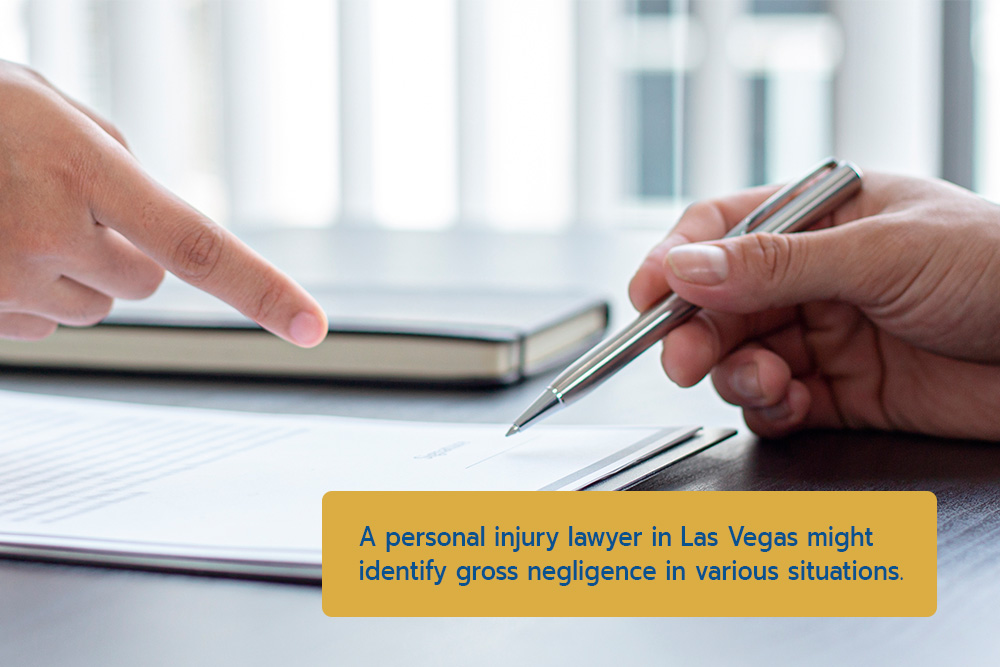
A personal injury lawyer might identify gross negligence in various situations. Some common themes in cases of gross negligence include:
- Failure to comply with government regulations applicable to the accident event
- Failure to train or supervise staff responsible for safe services
- Failure to clean or maintain equipment or the environment
- Failure to certify staff in positions that require it
- Failure to have reasonable first aid equipment available
- Failure to address known hazards
- Unclear Waiver Language
A waiver functions as a contract between the participant and the service provider. To fulfill its legal purpose, a waiver needs to explain the activity’s inherent risks to the person. Medical procedures offer a classic example of services with inherent risks, which is why healthcare providers present patients with waivers before medical procedures. A good waiver explains the possible risks and side effects so that the patient can provide informed consent.
In addition to explaining the risks, a waiver must include a statement informing a participant that signing the form means assuming the risk for what could happen. The participant will be giving up the right to pursue damages from the service provider in case of injury. Without a statement that spells out what you are giving up, the waiver has not communicated that the company is not liable for damages.
Even when a waiver includes the crucial elements of risk disclosure and no liability, the document might still fall short under the scrutiny of personal injury attorneys. Complicated language that an average person might struggle to understand could expose an organization to liability. Writing that appears intent on obscuring risk or confusing the signer might not hold up in court. Forms with tiny print are also not reasonable because too many people might find them impossible to read.
Additionally, a waiver cannot exclude the company from liability for gross negligence or lack of informed consent. Both of those legal concepts exist to address situations when people are victims of appalling behavior or are not aware of what they were getting into.
Third-Party Responsibility
An injury attorney might discover that a third party bears responsibility for your accident. When you participate in an activity that requires a waiver, the contract is usually between you and the service provider. If a third party not mentioned in the waiver was the cause of your accident and injury, then the waiver will not apply to your case.
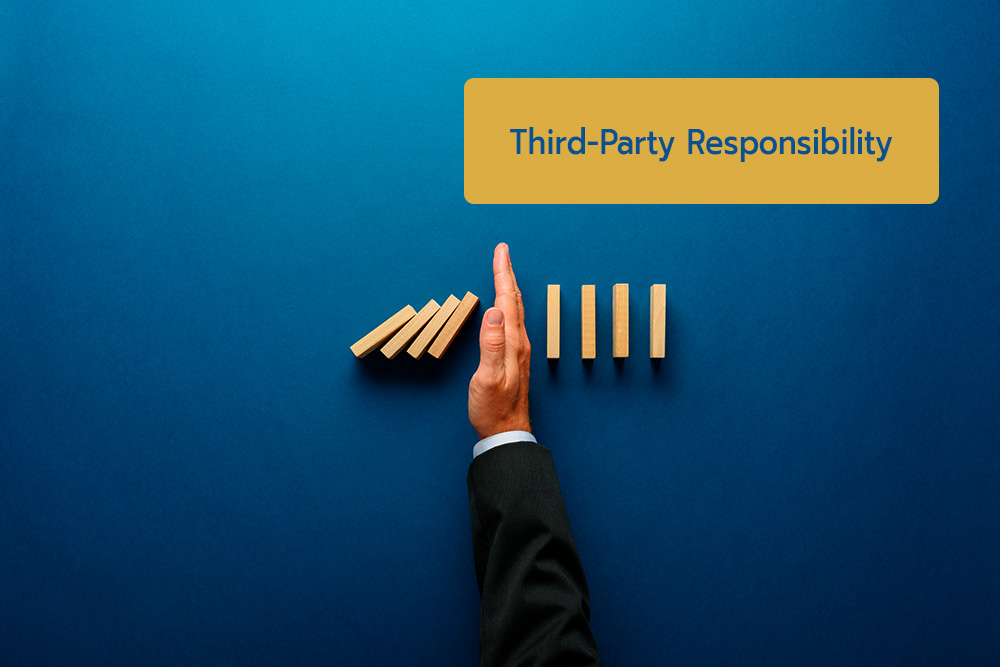
Third-party liability can arise from a defective product or a maintenance company performing negligent work on equipment that the service provider thought would be safe to use. However, uncovering the underlying cause of your accident could require an investigation led by personal injury attorneys.
Because personal injury cases often require an investigation to determine the facts, gathering evidence at the time of your accident is always helpful. Any pictures of the accident scene or contact information collected from witnesses provide a good starting point for an accident investigation.
Consult a Personal Injury Lawyer
Signing a waiver does not automatically eliminate all possibility of collecting an accident settlement. Waivers are meant to inform you about known risks, but these contracts can prove insufficient in a number of situations. You can get a legal opinion about your accident at Lach Injury Law. We are a personal injury practice which handles claims involving waivers and you can speak with Darren Lach now. Contact us right away for a free consultation.
